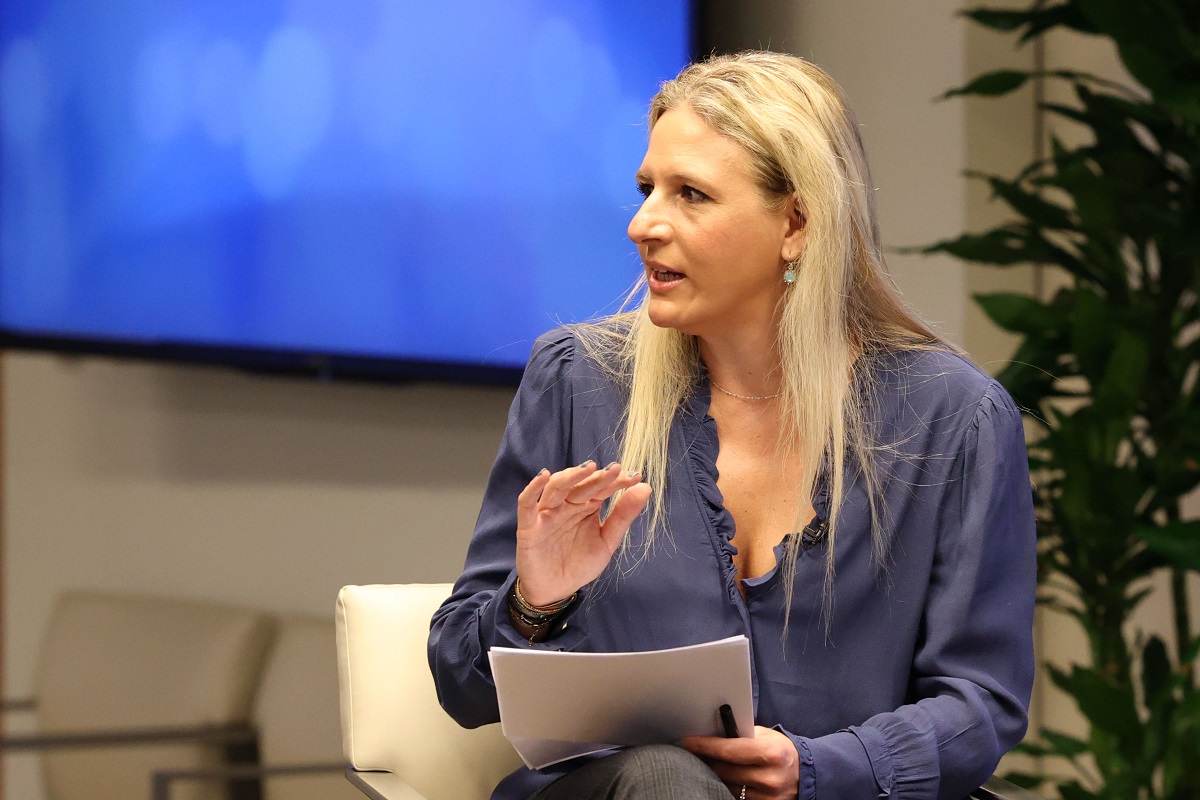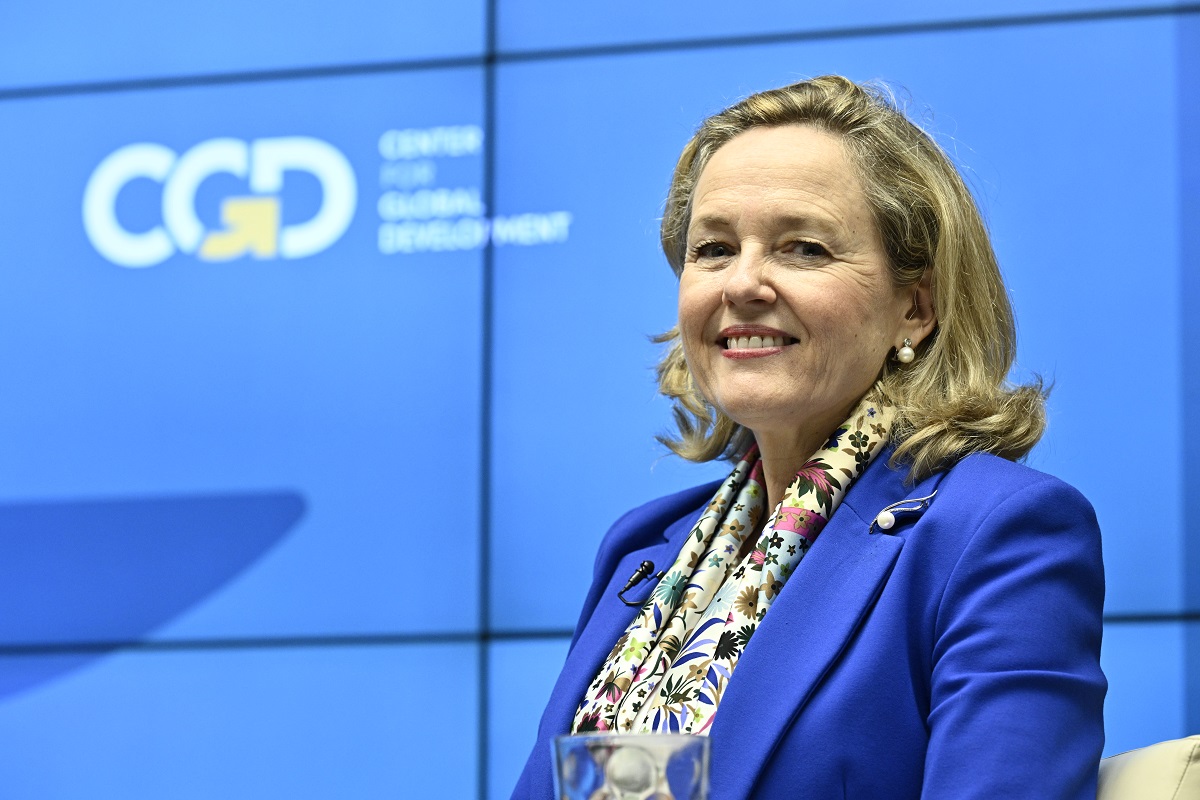Greetings from Rome, where Italy, Canada, Russia, Norway and the UK, with the World Bank, GAVI and the Gates Foundation, have launched the first
Advance Markets Commitment. The first AMC will target pneumococcal disease, costing about $1.5 billion and expected to prevent more than 5 millions deaths by 2030. Governments will create an incentive for private sector investment in the development and production of life-saving vaccines, by guaranteeing to pay for a suitable vaccine, meeting international standards, when it is developed. The agreement includes long run sustainability by ensuring that the vaccine will be available to developing countries at low prices once the Advance Market Commitment is exhausted.This proposal, originally made by
Michael Kremer, was developed by
a Working Group convened by CGD. That group coined the term Advance Market Commitment, and set out the main elements of the policy that has now been announced. This is a remarkable tale of how an idea developed by a brilliant academic has entered into the highest levels of policy, leading to discussion at G7 Finance Ministers meetings and culminating in today's announcement. There can be few examples of academic research translating into practical policies in such a short time.For more details about the launch and the background, see below.The following commitments were made today:* Britain - $485 million (£249 million at current exchange rate)* Italy - $635 million*
Canada - $200 million* Russia - $80 million* Norway - $50 million* Gates Foundation - $50 millionPneumonia is the leading infectious cause of child mortality worldwide, causing an estimated 1.9 million child deaths each year, almost 20% of all child deaths.
Pneumococcal disease is the leading cause of these child pneumonia deaths, as well as the second leading cause of childhood meningitis deaths. It kills more than 1.6 million people including nearly 1 million children under age 5 every year. HIV/AIDS is increasing the rate of infections, with HIV-infected children 20 to 40 times more likely to get pneumococcal diseases.The idea of an AMC has been discussed at length
on this blog, and elsewhere. The main point is the legally binding commitment that donors will make to pay for vaccines that meet a suitable standard and which are demanded by developing countries.There is an enormous amount to do to translate this commitment in principle on the part of donors into a specific agreement, with legal contracts, technical specifications and a suitable institutional architecture. GAVI and the World Bank will lead this technical work, which will continue to involve the developing countries, the public health experts, the industry, and donors.The launch in the grand surroundings of the Italian Treasury was opened by the Italian Health Minister, Tommaso Padoa-Schioppa. He explained the AMC mechanism, and showed a short film that had many of us crying. (You can see it by pressing "video" on the
PneumoAdip site). Then speeches from each of the guests, including ministers from Ghana and Malawi, Her Majesty Queen Rania Al-Abdullah of Jordan, the President of the World Bank, and representatives of donor governments. I was sitting in the corner of the room with some of the people who have worked so hard for so many years to make this happen - Michael Kremer, Amie Batson, Orin Levine, Andrew Jones, James Droop, Rudi Daems and many others, not all of whom could be there (such as Wendy Taylor and John Hurvitz). I was a poor substitute for colleagues from CGD who should have been there too, notably Ruth Levine. We are all going out to celebrate tonight in Rome. On Monday begins the hard work of tying down the details.
CGD blog posts reflect the views of the authors, drawing on prior research and experience in their areas of expertise.
CGD is a nonpartisan, independent organization and does not take institutional positions.





